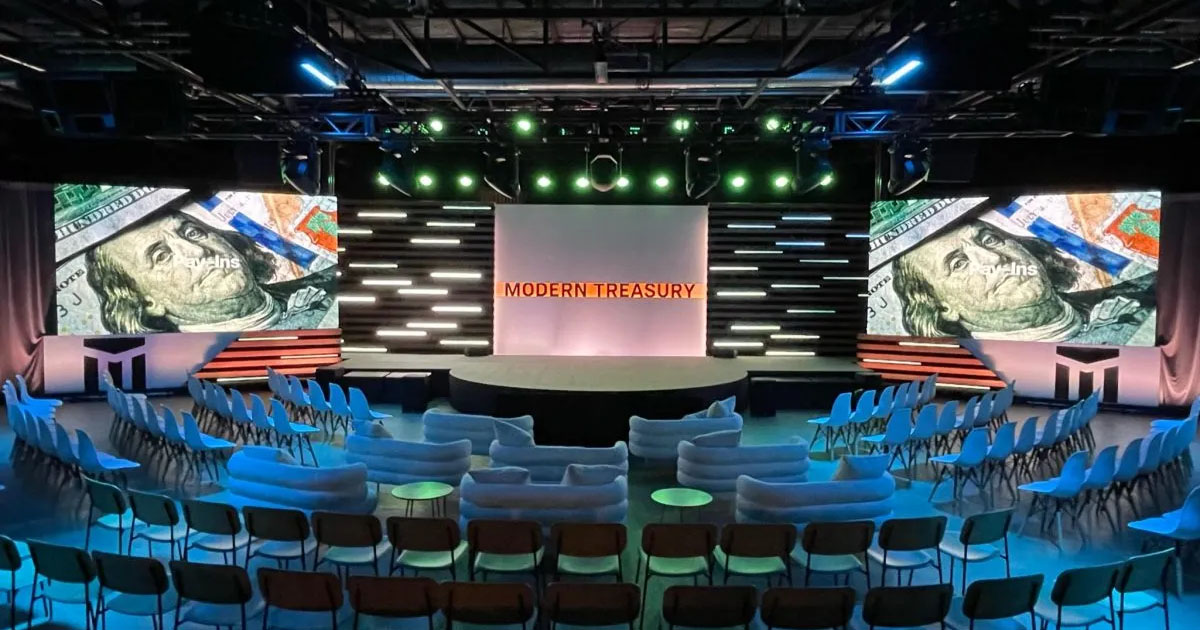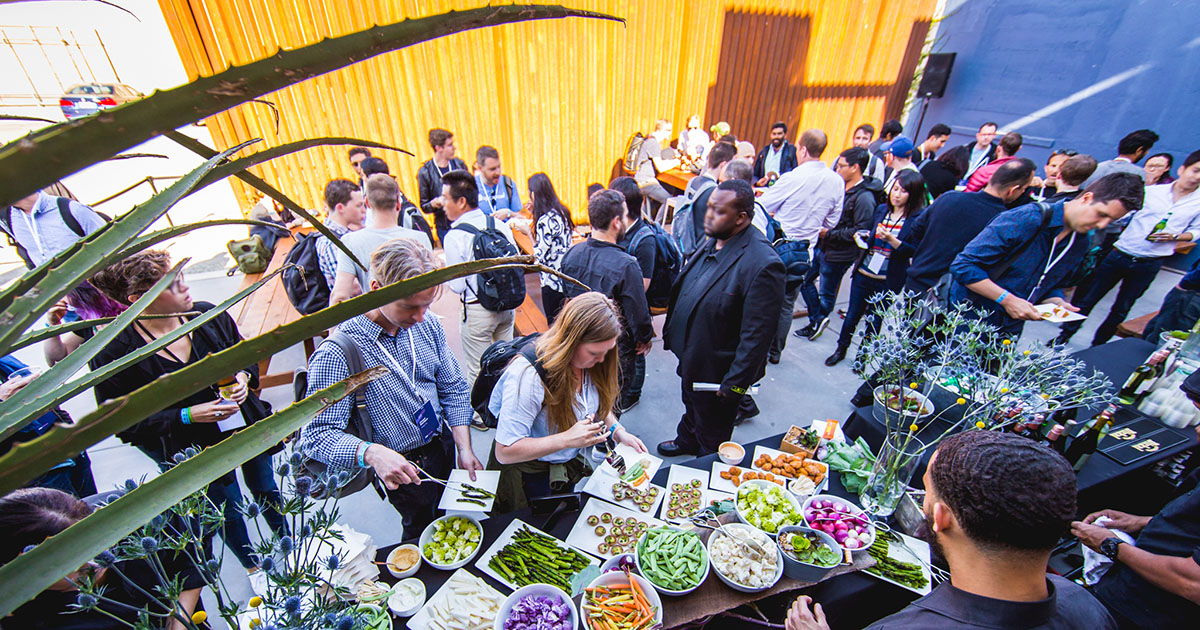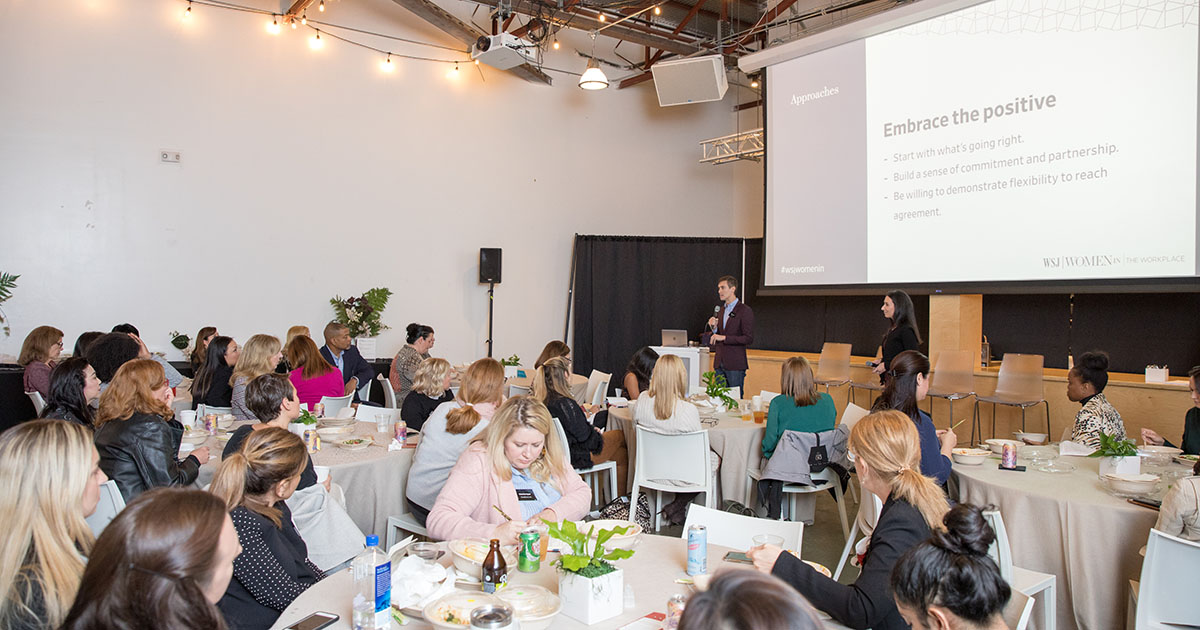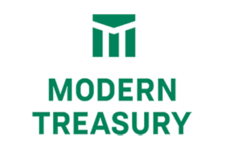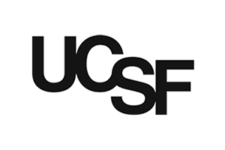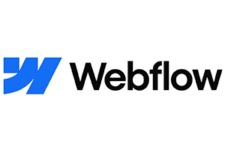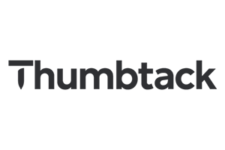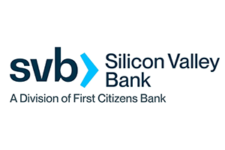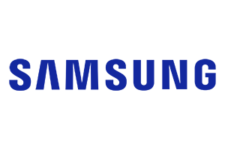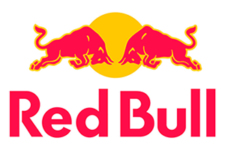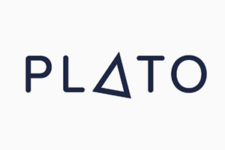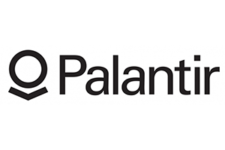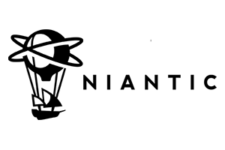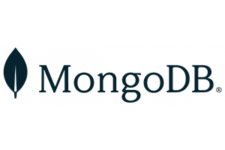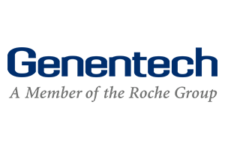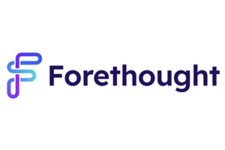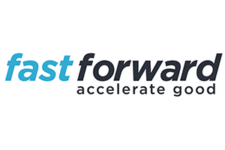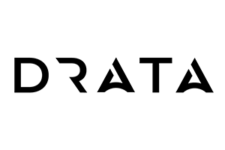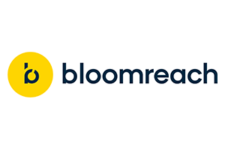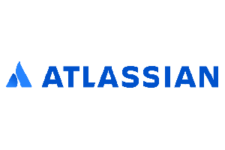Best Practices for Planning a Successful Corporate Conference
San Francisco, CA | Updated: 04/19/2024
Planning a corporate conference involves careful attention to numerous details to ensure the event meets its goals and is executed smoothly. Here are some best practices for event planners and coordinators when organizing a corporate conference:
1. Define Objectives
Begin by identifying the primary goals of your conference. Is it to educate, to innovate, to network, or to launch a product? Understanding these objectives shapes every decision, from the theme to the choice of speakers and the interactive sessions. Clear objectives help create a focused and cohesive event that resonates with attendees.
2. Budget Planning
Start with a comprehensive budget that accounts for all expenses—venue rental, technology needs, speaker fees, catering, marketing, and unforeseen costs. Use a budget tracker and regularly review your spending to ensure you stay on target. Prioritize expenditures that directly contribute to the conference goals and consider where you can cut costs without compromising quality.
3. Select the Right Venue
Choose a venue that not only fits the size of your event but also matches its tone and technical requirements. Accessibility is crucial—ensure that everyone, including people with disabilities, can easily navigate the space. Locations near hotels, airports, and public transport options enhance attendee convenience and increase turnout.
4. Schedule Management
Develop an agenda that balances informative sessions with breaks and informal networking opportunities. Avoid packing the schedule too tightly; instead, allow time for discussions and relaxation to keep energy levels high. Early planning helps in securing preferred dates and timings with speakers and in venue booking.
5. Speaker and Content Curation
Engage speakers who are not only experts but also great presenters. Work with them to tailor their topics to align with your conference’s themes and objectives. This collaboration ensures that the content delivered is relevant and engaging to your audience. Consider a diverse lineup of speakers to cover various perspectives and topics.
6. Technology and Equipment
Ensure your venue can support the latest technological needs, including high-speed internet, live streaming, sound systems, and visual aids. For hybrid or virtual elements, reliable streaming and interactive tools are essential to engage remote participants effectively.
7. Marketing and Communication
Create a multi-channel marketing strategy to promote your event. Use email marketing, social media, content marketing, and even paid advertising if necessary. Keep communication clear and regular with attendees, providing them all the necessary information prior to the event, and keeping them engaged with updates and teasers.
8. Registration and Attendee Management
Use an efficient registration system that simplifies the process for attendees. Event management software can help manage registrations, check-ins, and provide real-time data on attendance. A smooth registration process sets a positive tone for the event.
9. Catering
Offer a variety of food options that cater to different dietary needs, including vegetarian, vegan, gluten-free, and allergy-friendly choices. Well-timed meals and refreshments will keep attendees energized and focused throughout the event.
10. Feedback and Evaluation
Gather feedback through digital surveys or feedback forms immediately following the conference. This feedback is crucial for measuring success against objectives and for identifying areas for improvement in future events.
11. Plan for Contingencies
Develop contingency plans for key aspects like speakers falling through or technological failures. Having backups ready for every critical component ensures that your event can proceed smoothly even when unexpected issues arise.
12. Sustainability Practices
Adopt eco-friendly practices by minimizing waste, using digital materials, encouraging recycling, and selecting vendors with sustainable operations. These actions not only reduce the environmental impact but also position your event as a responsible and modern gathering.
13. Networking Opportunities
Create structured opportunities for networking such as speed networking sessions, dedicated networking breaks, or special interest meet-ups. Use technology like mobile apps or dedicated social platforms to facilitate connections before, during, and after the conference.
RELATED CONTENT


